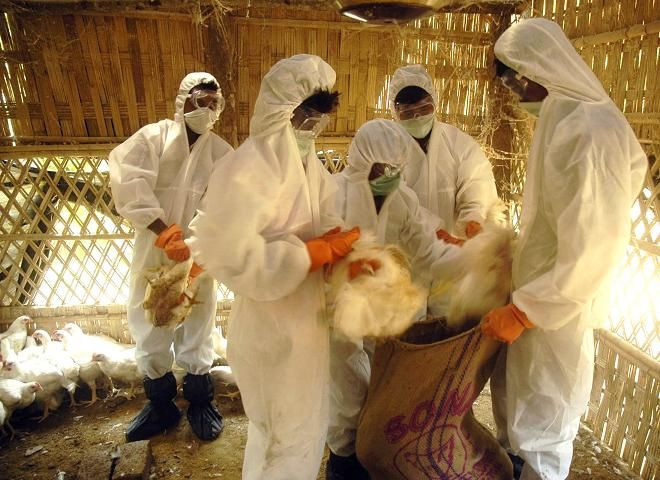Bird Flu May Be More Common, But Less Deadly Than Previously Thought

H5N1 bird flu may be more prevalent but far less lethal to people than previously thought, researchers said on Thursday.
Researchers from Mount Sinai School of Medicine examined evidence of antibodies in blood serum of many past mild infections in Asia from 12,677 Asians, Africans and Europeans in 27 studies dating from 1997 to 2009, and estimated that the death rate for people infected by bird flu may be under 1 percent, far less than World Health Organization's fatality rate assessment at more than 50 percent.
Study author Peter Palese and his team found that one and two percent of the participants tested appeared to have been previously infected with H5N1 avian flu, meaning that millions of people may have been infected worldwide.
Palese said that the United Nations agency based their fatality rate assessment only on hospitalizations and severe illnesses that amounted to only 573 cases in 15 countries since 2003, resulting in a disproportionately high death rate of 58.6 percent.
However the new analysis could also mean that he WHO assessment of the death rate from bird flu is underestimated, mainly because many people who get infected from it live in rural areas where medical care is sometimes inaccessible.
"We suggest that further investigation, on a large scale and by a standardized approach, is warranted to better estimate the total number of H5N1 infections that have occurred in humans," the authors wrote.
The two scientific journals, Science and Nature, are planning to eventually publish the two controversial mutant flu studies on are more contagious forms of the H5N1 bird flu virus among mammals in full.
U.S. health officials have urged that the two science journals publish only an abridged version of the studies in case the study data ends up in the hands of bioterrorists.
The latest flu research suggesting that WHO’s bird flu mortality rate may be largely overestimated further fuels the debate between government health officials and scientists arguing for full publication.
Last week an international panel at WHO headquarters in Geneva decided that the studies should be published in full after security checks.



























